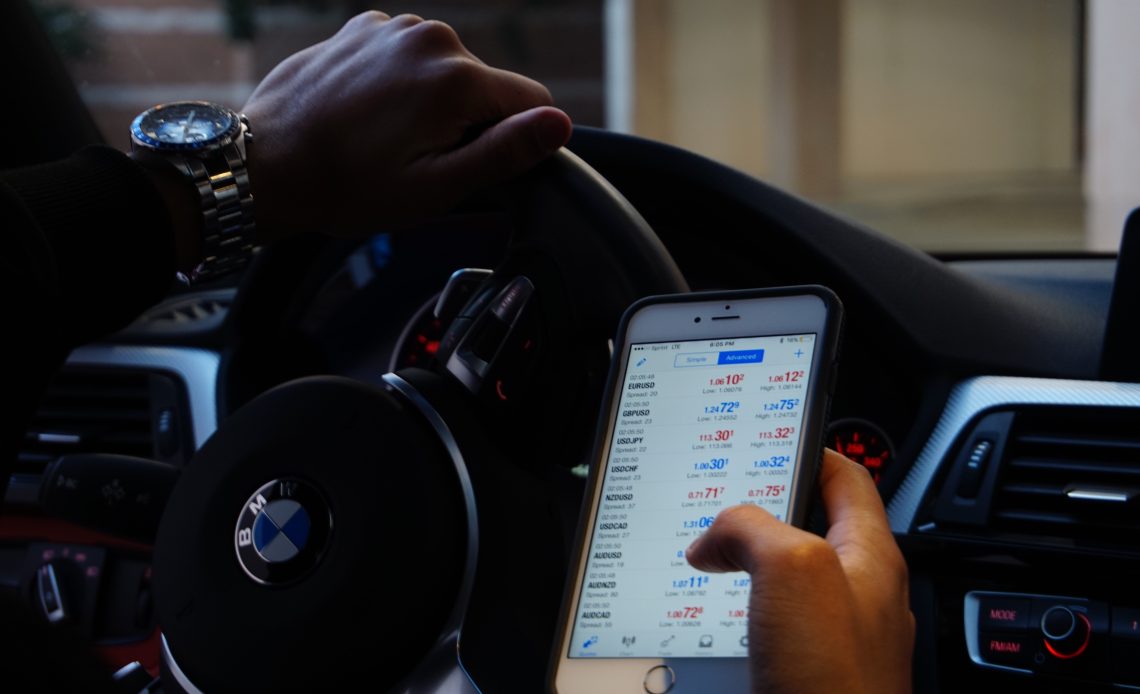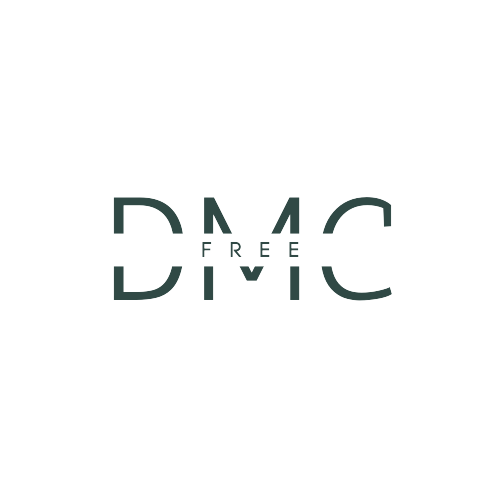
In the vast realm of digital technology, distinguishing between mobile and web apps is integral for those venturing to “Become a Web Developer.” This exploration aims to illuminate the disparities and opportunities both offer, guiding you through the intricate landscape of app development.
Table of Contents
1. Mobile Applications
Mobile applications, epitomized by the Play GD Mobile App, are tailor-made software for mobile devices, necessitating installation through app stores such as Google Play or Apple App Store.
A. Pros and Cons of Mobile Apps
- Advantages:
- Optimal Performance: Tailored for specific platforms, ensuring swift and efficient operations.
- Offline Capabilities: Enables users to access core features without an internet connection.
- Integration with Native Features: Seamlessly integrates with the device’s inherent functionalities.
- Disadvantages:
- Increased Development Costs: Involves specialized expertise and adaptation for various operating systems.
- Update Requirements: Potential issues with manual updates affecting compatibility.
- Storage Consumption: Utilizes a significant amount of device storage.
B. Educational Pathways and Salary Landscape for Mobile App Development
- Qualifications Required: Mastery of programming languages like Java, Swift, or Kotlin, comprehensive understanding of UI/UX design principles, and adherence to mobile platform regulations.
- Free Learning Resources: Renowned platforms such as Coursera and Codecademy offer extensive courses in mobile app development.
- Salary Overview:
- United States: $107,000
- United Kingdom: $75,000
- Germany: $65,000
- Canada: $80,000
- Australia: $85,000
2. Web Applications
Web applications operate through internet browsers and do not require device installation, providing a universally accessible platform, irrespective of the device used.
A. Pros and Cons of Web Apps
- Advantages:
- Universal Accessibility: Compatible with any platform hosting a web browser, reducing developmental costs and time.
- Effortless Updates: Server-side updates ensure users experience the latest version without any hassles.
- No Installation Necessity: Conserves device storage as the installation is not mandated.
- Disadvantages:
- Internet Reliance: Functionality is contingent on a stable internet connection.
- Restricted Functionality: Limited access to device-specific features compared to mobile apps.
- Performance Discrepancy: They may exhibit compromised performance compared to their mobile counterparts, particularly in graphics-intensive tasks.
B. Educational Pathways and Salary Landscape for Web App Development
- Qualifications Required: Proficiency in HTML, CSS, JavaScript, alongside backend languages like Python or Ruby, familiarity with web frameworks, and adeptness in responsive design.
- Free Learning Resources: Websites like freeCodeCamp and MDN Web Docs are invaluable for aspiring web developers.
- Salary Overview:
- United States: $88,000
- United Kingdom: $60,000
- Germany: $55,000
- Canada: $70,000
- Australia: $75,000

3. Full-Stack Web Salaries: A Comprehensive View
Embarking on a Full-Stack development journey combines the realms of front-end and back-end development, necessitating a versatile skill set and, thus, higher Full-Stack Web Salaries.
- United States: $112,000
- United Kingdom: $80,000
- Germany: $70,000
- Canada: $90,000
- Australia: $95,000
Conclusion
Discerning the divergences between mobile apps, represented by the Play GD Mobile App, and web apps is vital for emerging developers. The decision to specialize in mobile, web, or Full-Stack development influences one’s career trajectory, skillset evolution, and earning potential. Educational platforms like Coursera and freeCodeCamp have made acquiring these skills more accessible, opening the gates to many opportunities in the digital world.
FAQ’s
Q1: What is the difference between mobile app and web app?
Answer: Mobile apps are specifically designed for mobile devices and need to be downloaded and installed from app stores like Google Play or Apple App Store, an example being the Play GD Mobile App. They can operate offline and can access device-specific features. In contrast, web apps operate through internet browsers, do not require installation, and are accessible on any device with an internet connection. However, they might have limited functionality compared to mobile apps and usually require an internet connection to operate.
Q2: What is the difference between mobile app and web app Quora?
Answer: When querying the difference between a mobile app and a web app on platforms like Quora, you’ll find various user-generated responses providing insights and explanations. Users often highlight that mobile apps are platform-specific, installed on mobile devices, and can function offline, while web apps are accessible via internet browsers on any device and typically require an internet connection.
Q3: What is the difference between a web app and a non-web app?
Answer: A web app is a software application that runs on a web server and is accessed through a web browser over the internet. It is platform-independent and does not require installation on the user’s device. On the other hand, a non-web app is a software application that needs to be installed on the user’s device and doesn’t necessarily require internet connectivity to function. It can include desktop applications, mobile applications, and other standalone software.
Q4: Is Facebook a web app or mobile app?
Answer: Facebook is available both as a web app and a mobile app. The web app version can be accessed through a web browser on a computer or any internet-enabled device. The mobile app version is available for download and installation from app stores like Google Play and Apple App Store, designed to be used on smartphones and tablets, offering more features and integration with device capabilities.
Q5: What is an example of a mobile web app?
Answer: A mobile web app is a web application that is designed with mobile devices in mind and is accessible via a mobile device’s web browser. An example of a mobile web app is the mobile version of the Twitter website. It provides a mobile-friendly user interface and functionality that is similar to the Twitter mobile app, but it is accessed through the web browser without requiring installation.


